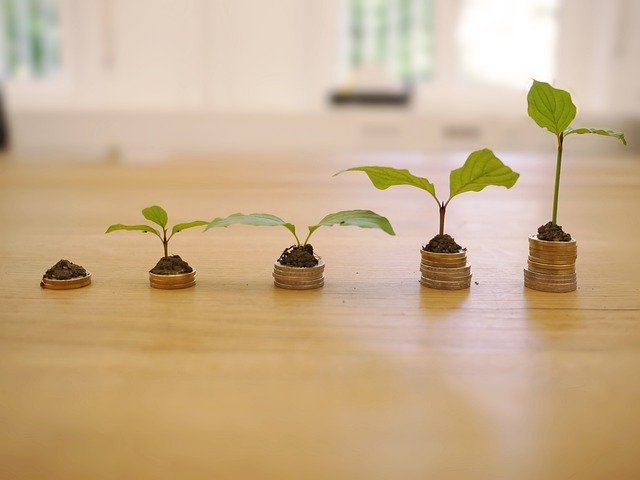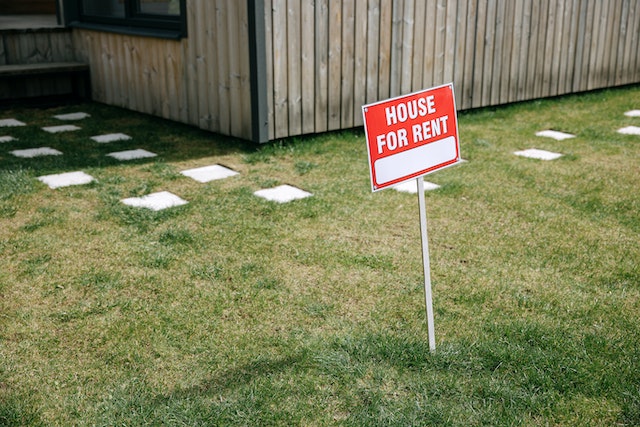For people looking for a viable and time-tested investment option, real estate always seems like a good choice. On TV, investment real estate is constantly being promoted as the perfect way to earn passive income. Furthermore, many people view rental property ownership as a status issue and not just a way to earn additional income.
Another reason real estate investing attracts people is that the asset is tangible, explains Avalon Management, unlike many other forms of investment. Being able to touch what they are paying for gives investors a measure of security. But are these valid reasons to venture into real estate investing?
Is rental property investment still a good choice for investors today? Is the rental property landscape in worse or better shape than it used to be?
The current state of homeownership
Since 2004 the rate of homeownership has fallen by 9%. People are not as eager to own their own homes as they used to. This is partly because while incomes have stayed the same, or in some cases, actually fallen, home values have risen. This makes homeownership less affordable for those who may want it.
Additionally, the younger generation does not care as much about owning their own homes as their parents did. They value the flexibility that comes with renting over the stability that homeownership offers.
The combined effect of these two factors is that the number of people in the rental market has boomed. Over the last ten years, more than four million people have been added to the pool of renters in the market.
The reason for this is that while more and more of the baby boomer generation are entering the rental market, fewer of them are getting married or starting families. Marriage and family are the two precursors for homeownership. The overall effect is that there are more renters than there are rental properties, which is the kind of scenario that favors rental property investment.
Benefits of owning rental properties
A source of passive income

The possibility of earning rental income is the most well-known benefit of rental property ownership. The thought of having a source of steady cash flow attracts people. But a rental property's ability to earn an income is subject to the following; maintenance costs, tax deductions, and rate of apartment vacancy. As long as property owners can keep the occupancy rate of a rental high and keep maintenance costs low while taking advantage of tax deductions, they can keep the property profitable.
Mortgage reduction
This is related to the ability of a property to earn rental income on a steady basis. The right property should, at the very least, be breaking-even in cash flow every month. This means rent from tenants should be enough to cover the cost of maintaining the asset, as well as, mortgage payments. In effect, the tenants should be paying off the mortgage on the property. Reductions to the principal on a mortgage are usually tax-free and this allows investment property owners to pay off their mortgage at a faster rate.
Tax Benefits
Many of the expenses related to a rental property are tax-deductible. These include ordinary & necessary expenses, depreciation, and improvements. Investment property owners may avoid paying taxes on insurance, repairs & maintenance, physical wear-and-tear on the property, cell phone costs, supplies, interest on the mortgage, and other costs associated with the asset.
But these tax benefits depend on how real estate investors are classified by the IRS. An investor may be classified as passive, active, or professional. To understand these classifications and get the full tax benefits of their property, investors should consult a professional for advice.
Property appreciation

Owners of investment properties earn in the short-term through rental income. But they can also earn profits as the value of their property increases over time. This second benefit is realized when an investor sells their asset for a higher price than they originally bought it. Appreciation in an asset's value can happen whether the owner improves the property or not. Value appreciation is one of the best reasons to invest in rental properties; the rate has consistently outperformed the appreciation rate of stocks. In the last fifty years, real estate nationwide has appreciated at an average yearly rate of 6.74%.
Flexibility
Rental property is more flexible than other investment options because owners have more options for what to do with a property. They can choose to sell the asset or rent it. If they choose to rent it out, owners can follow a short-term rental strategy or they can rent it out to long-term tenants. Landlords can also choose how they want to manage the asset; they can do it themselves or hand it to a property manager. Finally, if they choose to sell the property, owners can choose when to sell. Instead of selling at a loss, they can rent it out, while waiting for market conditions to improve.










